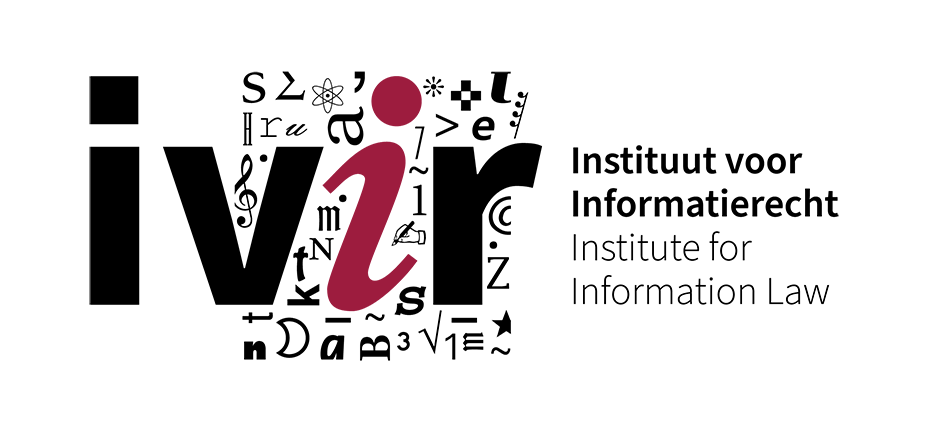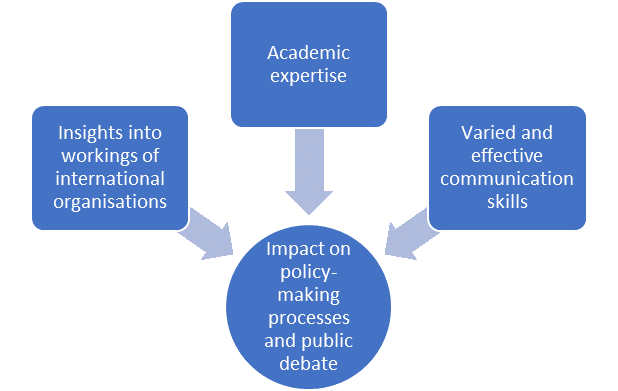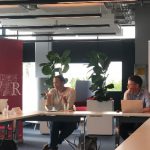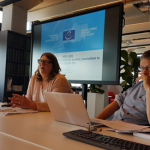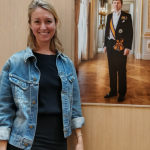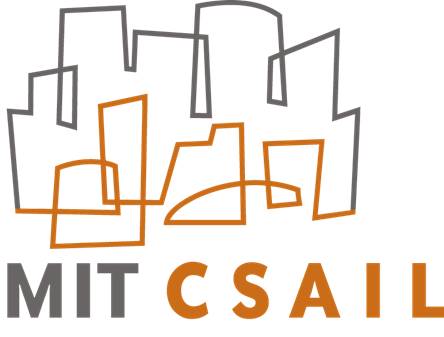Legal and societal conditions for Covid-19 technologies
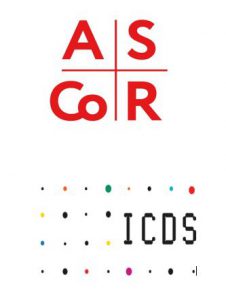 A new research project on technological solutions in a Covid-19 exit strategy, with a particular focus on the legal, ethical and societal conditions, has started in June. The project was commissioned by ZonMW as a so-called ‘urgent research question’ project, and is a combined research effort of researchers from the Digital Transformation Initiative at the Faculty of Law, and the Research Priority Area ICDS (Information, Communication & The Data Society) at the University of Amsterdam.
A new research project on technological solutions in a Covid-19 exit strategy, with a particular focus on the legal, ethical and societal conditions, has started in June. The project was commissioned by ZonMW as a so-called ‘urgent research question’ project, and is a combined research effort of researchers from the Digital Transformation Initiative at the Faculty of Law, and the Research Priority Area ICDS (Information, Communication & The Data Society) at the University of Amsterdam.
Digital technologies are an important part of strategies to manage the pandemic and the exit strategy. Examples range from automated medical data mining, digital self-reporting to apps for contact tracing. The recent discussion on contact tracing apps in particular has also raised an important question, namely how can we steer clear of technological solutionism and implement new technologies in a way that is effective and at the same time respects fundamental rights and the need for democratic control?
This is the question that this research project will address. It concentrates on the question of which legal, ethical and societal conditions need to be fulfilled for the use of digital solutions in managing the exit period in the corona crisis. The research starts with mapping the possible technological solutions and expectations and concerns associated with the use of digital technology and is followed by an in-depth analysis on legal and societal conditions of implementation. Moreover, a longitudinal survey will be used to monitor people’s perceptions, expectations of and experiences with apps and other digital technologies, in managing the crisis.
The research is led by Prof. Natali Helberger, Prof. Claes de Vreese, Prof. Joris van Hoboken and Prof. Mireille van Eechoud and assisted by an interdisciplinary research team from the Institute of Information Law (IViR), the Amsterdam Law School and the Amsterdam School of Communication (ASCoR). The project will also involve a core group of experts from various fields of SSH, medicine and technology and research institutions across the Netherlands. The way the research is designed is geared towards maximum transparency and wide dissemination of the research findings. Next to informing policy making today, the research will draw lessons from the Covid-19 crisis for the future role of digital technology in solving societal problems.
